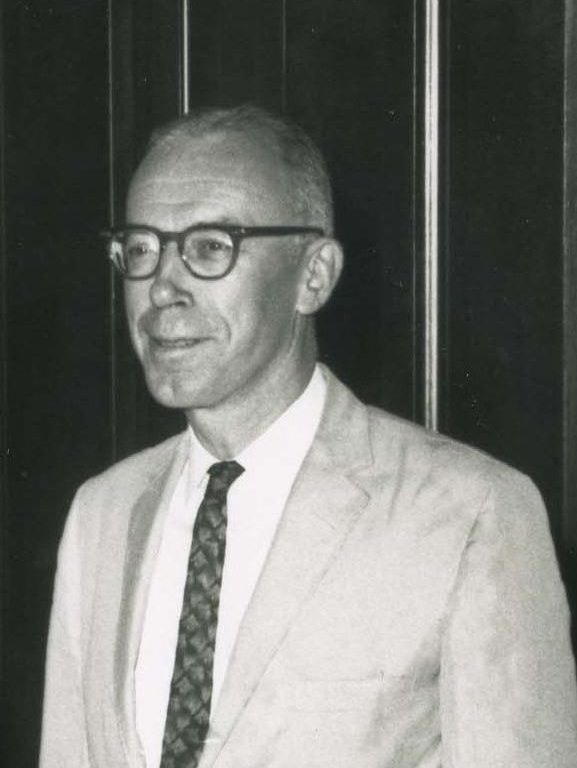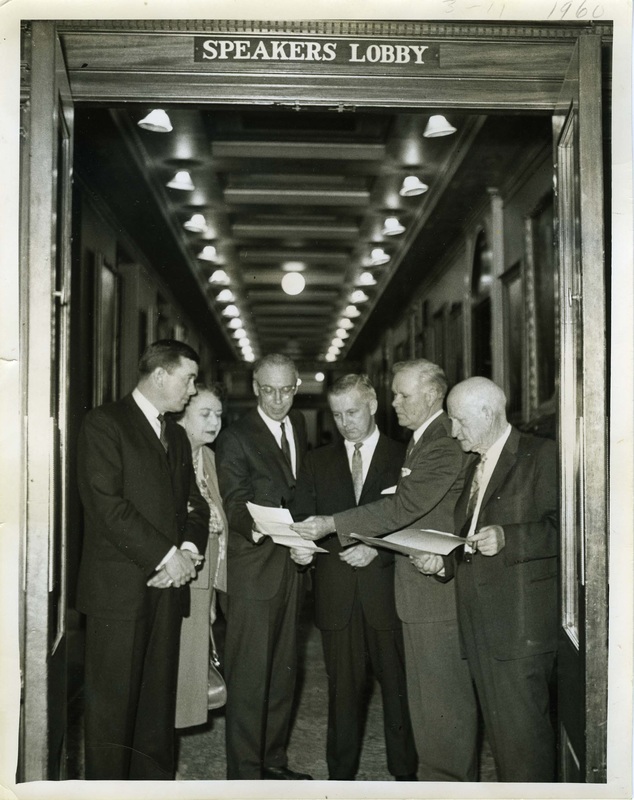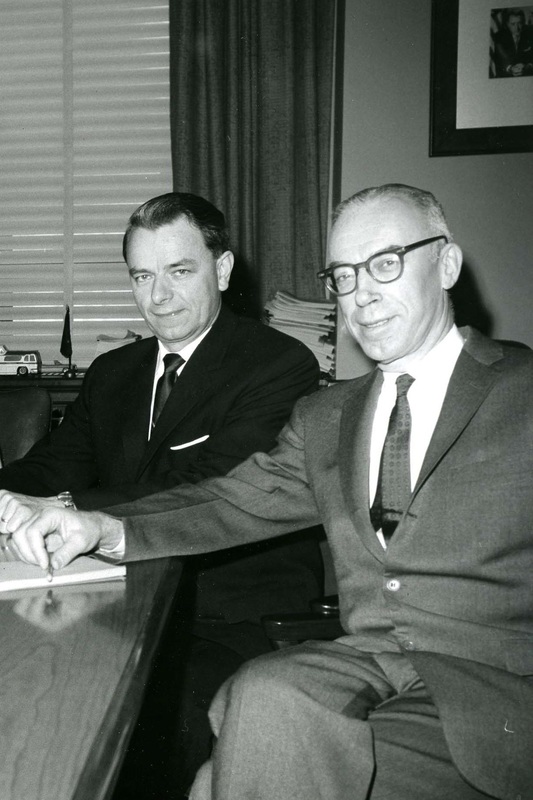eration of France, D-Day, the Battle of the Bulge, and the allied forces entry into Nazi Germany. Hechler interviewed several former Nazi government and military officials prior to the Nuremberg Trials. Parts of his work were published in The Bridge at Remagen: The Amazing Story of March 7, 1945 in 1957 and later adapted in film in 1969.
Congressman Hechler prided himself on connecting with his constituencies on the front lines. In 1964, he was the only member of Congress to march with Rev. Dr. Martin Luther King, Jr. in Selma, Alabama. Congressman Hechler protested mountaintop removal mining in 2004 and again in 2009 when, at the age of 94, he was arrested with 28 other protestors. In an effort to bring the issue to the national forum, Congressman Hechler entered the primary election for the senate seat vacated after the death of Senator Robert C. Byrd. Though he lost the primary to then-Governor Joe Manchin, his platform to end mountaintop removal garnered much attention to the practice and its environmental impact.
The Byrd Center was privileged to conduct an oral history interview with Congressman Hechler in 2012. You can read his interview here. We thank Congressman Hechler for his dedication to the people of West Virginia. Comments are closed.
|
Welcome to the Byrd Center Blog! We share content here including research from our archival collections, articles from our director, and information on upcoming events.
Categories
All
Archives
July 2023
|
Our Mission: |
The Byrd Center advances representative democracy by promoting a better understanding of the United States Congress and the Constitution through programs and research that engage citizens.
|
Copyright © Robert C. Byrd Center for Congressional History and Education
|




 RSS Feed
RSS Feed
